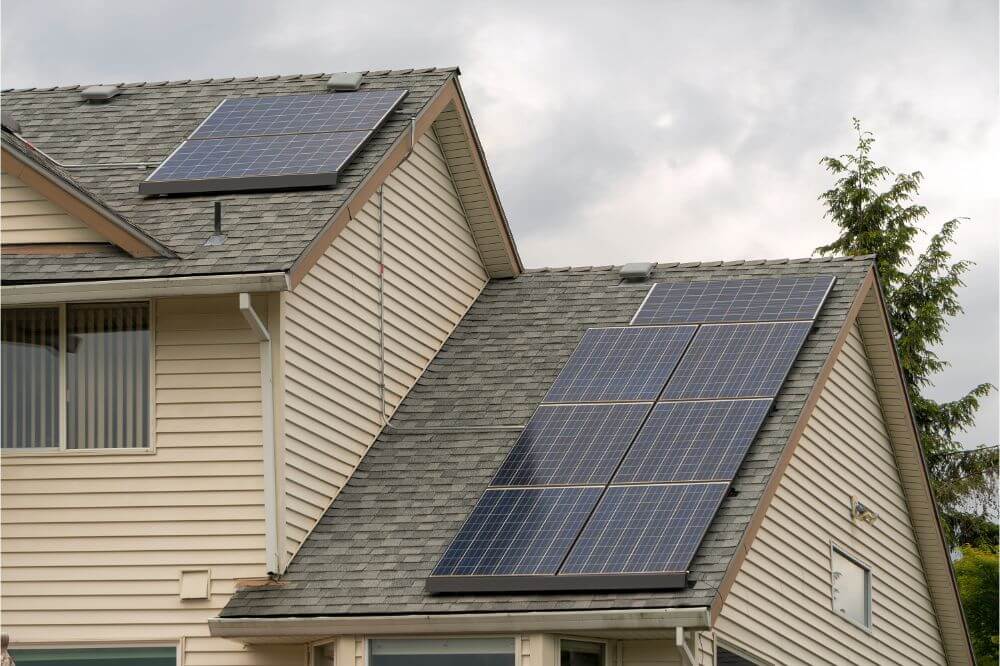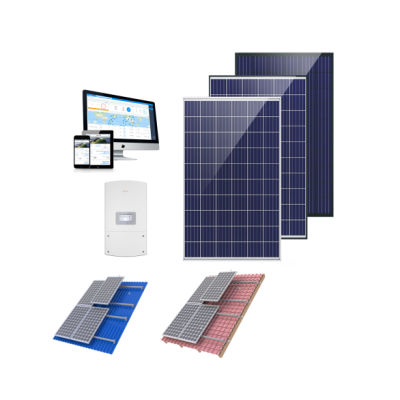
In this article, I will be discussing some of the many benefits that solar energy can bring to your home. There are many benefits to solar energy for home use, including reduced greenhouse gas emissions, reduced carbon footprint and lower water pollution. Solar panels can be used to reduce or eliminate utility bills. These savings can add up quickly and make a big difference in the long-term. This article will also address how to get solar energy for home.
Reduces greenhouse gas emissions
Solar power for residential use is a great way to save money while reducing greenhouse gas emissions. There are incentives offered by many states and federal government for solar power installation. This is an excellent investment for the long-term. You can offset carbon dioxide emissions if you don't have enough resources to install solar panel systems yourself. "Green tags" are renewable energy that generate power for the grid. These programs are available online in a variety of formats.
Solar power reduces greenhouse gases emissions by reducing household dependence on the electric company. The solar energy can also be stored for later usage. It can also lower a household's greenhouse gas emissions, which is the measure of total greenhouse gases. The household's carbon footprint includes many factors like how much fuel an individual or family uses, what kind of purchasing habits they have, and their lifestyle. You can significantly reduce your carbon footprint by using solar power.
Reduces water pollution
Solar energy is an environment-friendly source of energy, which can reduce dependence upon petrochemicals. It can also be used as an alternative to fossil fuels or nuclear energy. According to the United Nations Environmental Program solar electricity uses only a fraction the amount of water that fossil fuel plants use.

It is possible to reduce carbon emissions and water usage by switching to renewable energy sources. According to the study switching to renewable energy in water-stressed regions would reduce carbon emission by approximately 20% and water consumption by 7 percent, respectively. If chemical companies switched to solar energy, they would see significant reductions in their water consumption and carbon emissions.
Carbon footprint reduced
The increasing use of solar energy is a major source of energy and is a key factor in combating climate change. Photovoltaic cells and solar radiation-concentrating mirrors convert sunlight to electrical energy. It can then be stored in thermal storage and batteries.
Solar energy offers many benefits. One of these benefits is reducing your household’s carbon footprint. The household's carbon footprint refers to the amount of greenhouse gas emissions it produces. The carbon footprint of a household depends on its fuel consumption, travel distance, and energy source. Switching to solar energy can dramatically reduce your household's environmental footprint. Another way to reduce your carbon footprint is to buy more organic food, plant a garden, dry your clothes on the line, rather than using dryers and washing machine.
Reduced costs
Soft costs are one of the greatest barriers to solar implementation. The industry must find ways that they can be reduced. Soft costs include labor, permits, and overhead in the supply chain. Aurora, for example, has launched several initiatives that aim to lower soft costs. These initiatives can increase production and solar installation as well as lower the cost of solar energy.
Aurora Solar, a Sunshot grant recipient recently, is an example company that is successful. It is working to make the design process more efficient, and has developed a method for evaluating potential customers for solar suitability. This will lower the cost per watt by about 20 percent.

Tax credit
Installers of solar-powered systems can get a tax credit from the federal government. The credit is calculated based on the cost of solar-powered equipment. It can cover up 30% of the cost. But, the tax credit available for solar energy isn't guaranteed to be there for a long period. You must buy a new system, and not have previously installed it. It does not apply for used systems.
Since 2005, the federal government has encouraged solar energy adoption. A tax credit has been offered to homeowners who choose to go solar since 2005. The federal solar tax credit is also known as this tax credit. It allows taxpayers to deduct 30% of the cost to install a solar system. This credit will expire in 2035, unless Congress extends it.